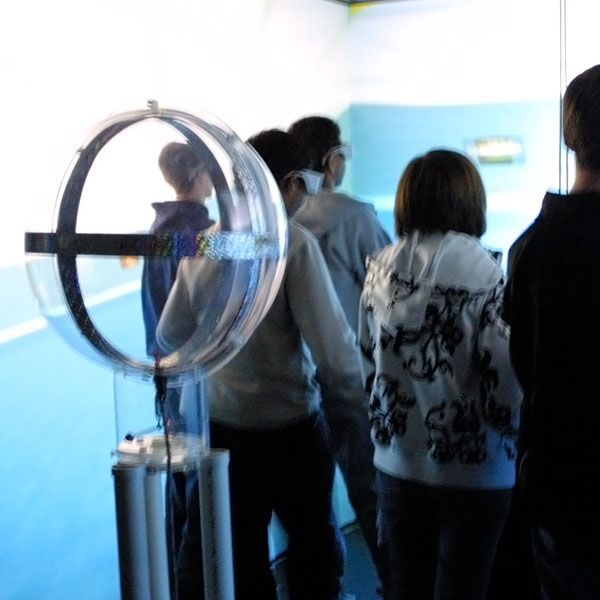Iverson Exam
The Iverson Computing Science Exam
Named after computing pioneer Ken Iverson, the Iverson exam is a friendly competition to test your Computing Science skills. Starting with problems you might expect to see in high school, the exam goes beyond and exposes you to problems that are a challenge to advanced undergraduates.
Writing the Iverson gives you a taste of what it's like to participate in the ACM International Collegiate Programming Contest. Referred to as "The Battle of the Brains," the ACM ICPC World Finals challenges the world's top 100 university teams to use open standard technology in designing software that solve real-world problems. Our U of A programming teams have a very strong track record in competitions and have qualified for the world finals many times.
Computing Science as a Science Entrance Subject
In the Spring of 2009 the University of Alberta made the first major change in entrance requirements in over 30 years by adding CTS Computer Science (CSE) to the list of science admission subjects. Starting in the 2010-2011 academic year it became part of the Group C list (with Biology 30, Chemistry 30, Pure Math 30, Math 31, Physics 30).
To enter the Faculty of Science students can now select any two from Bio, Chem, Physics, Math 31, and CSE. The U of A was closely followed by the University of Calgary, and the University of Lethbridge. Grant MacEwan University and other post-secondary Alberta schools are planning to follow.
Many Edmonton area high schools are offering the new CSE courses. Others are planning to in the near future.
About Ken Iverson
To honour a great Albertan, the exam is named after Dr. Ken Iverson.
Dr. Ken Iverson developed the concise mathematical notation that formed the foundation for APL (A Programming Language). He joined IBM in 1960 where he made an historic contribution to Computing Science by developing APL into an Interactive programming language widely used in academic and commercial applications.
Dr. Iverson was an original thinker who won numerous awards including the Turing Award, in 1979. There have been only two Canadian-born winners of the Turing Award, which is considered to be the Nobel Prize of Computing Science.
